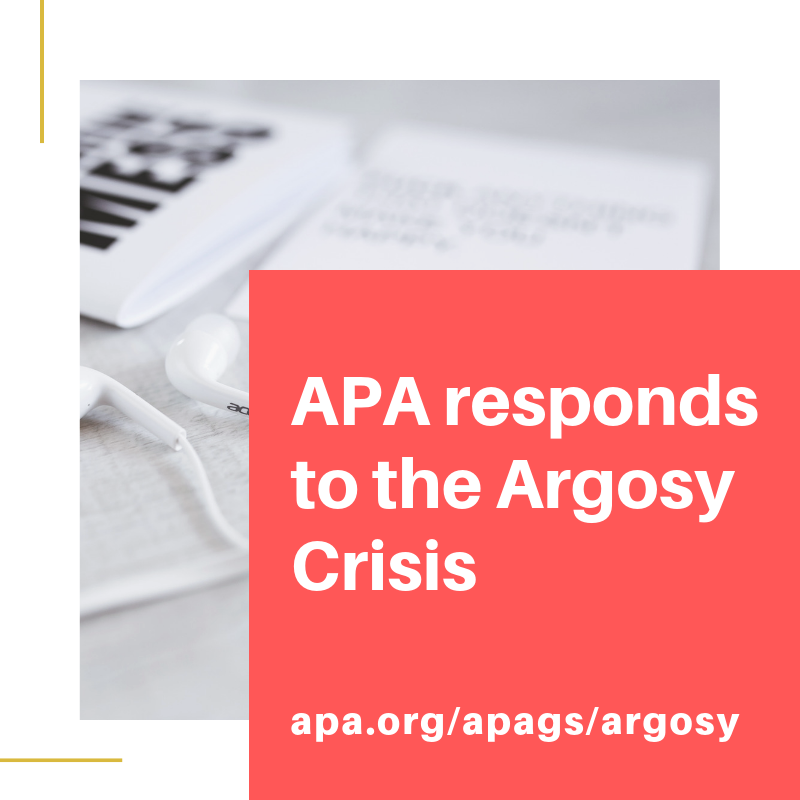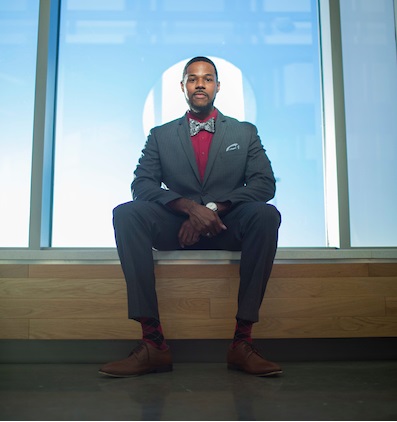Written by: Michelle Rivers, Rachael Soicher, and Dr. Morton Ann Gernsbacher
- What is transparency in research, and why does it matter?
Research transparency, also referred to as “open science,” is the process of making research and its dissemination accessible to all levels of society. Practices that increase research transparency accelerate progress toward solving the persistent problems of society. For example, you may have heard about the “replication crisis” in psychology and other sciences. Engaging in open science practices can help make science more reproducible and thus more trustworthy.
As the field of psychology works toward greater research transparency, how can you get involved? In this post, we talk about some baby steps you can take as a graduate student, and we address some common challenges you may face along the way.
2. How can you get started?
Below we’ve crafted a short list of ways you can make your research more transparent. Think of baby steps. Don’t feel like you have to do all of them at once!
- Pre-register your study design, hypotheses, and planned analyses. Place them in a locked file (hardcopy or electronically) or post them on free websites like AsPredicted or Open Science Framework.
- Make your study materials, data, preprints, and post-prints publicly available online, such as on your lab’s website or on Open Science Framework.
- Avoid “Questionable Research Practices,” such as selectively reporting dependent measures/entire experiments, revising your sample size after viewing your data, or so-called “HARKing” (hypothesizing after the results are known).
- Take advantage of research collaborations. Do you have or need access to a particular demographic sample? Check out StudySwap or Psychological Science Accelerator, online platforms for research replication, collaboration, and resource exchanges.
- Use free and open-source software so it’s easier for others to reproduce your exact methods and analyses. For example, OpenSesame and PsychoPy are open-source applications for running psychology experiments, LimeSurvey is open-source survey software, G*Power is free software for running power analyses, and R is free software for statistical computing and graphics
- Practice disseminating your research to diverse audiences. For example, one of us, Michelle, manages a blog (cogbites.org) run by early-career academics that focuses on translating scientific research about the study of mental processes to a general audience. To learn more about science communication and outreach, consider applying to attend ComSciCon, a workshop for graduate students, by graduate students.
- Stay informed! If you have an advanced stats or methods course in your program, encourage the instructor to include recent readings on research transparency. One of us, Morton, teaches an open-access active-learning Research Methods course, and you can find other teaching resources here. Consider starting a reading group with other students in your program!



